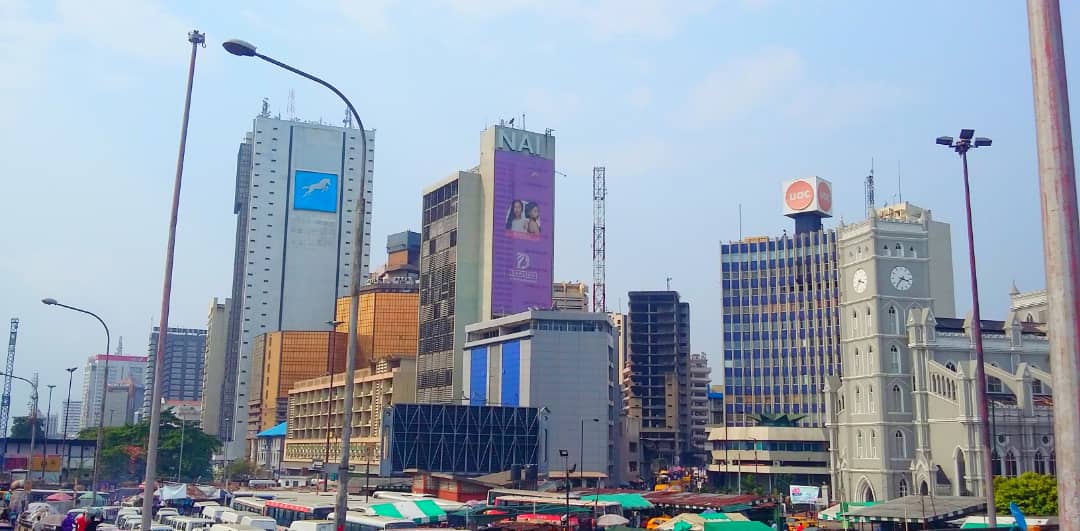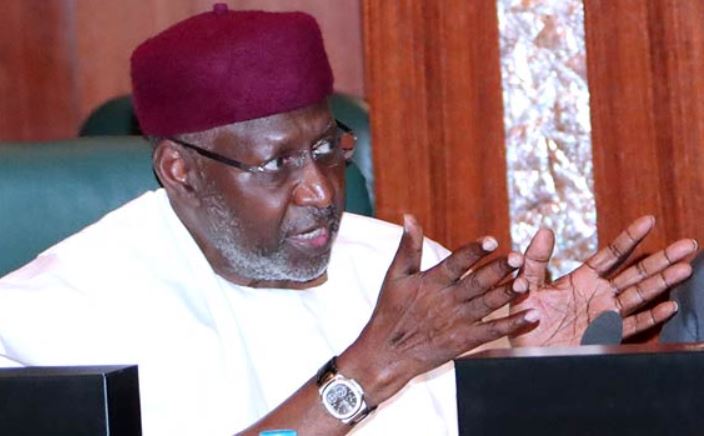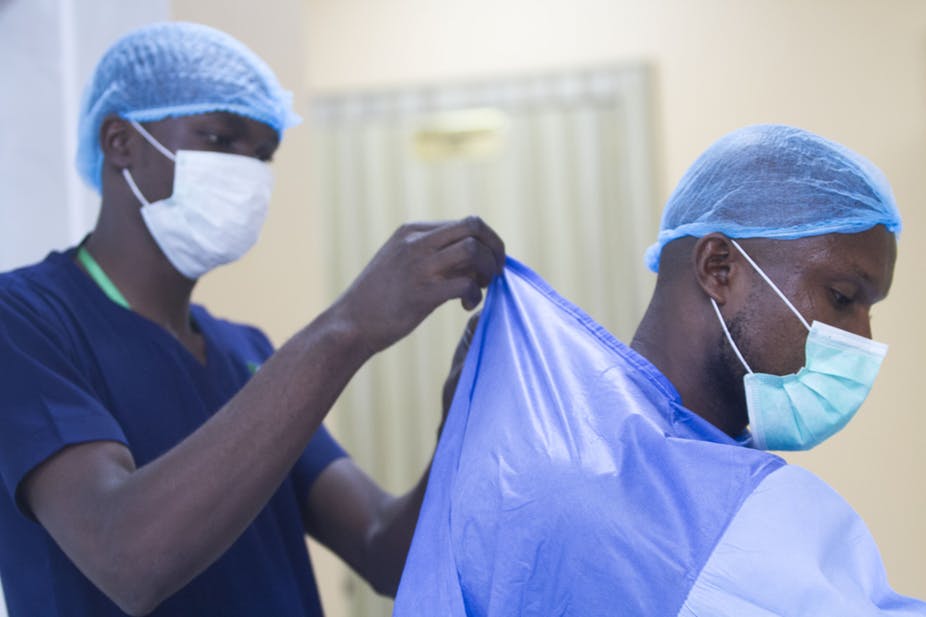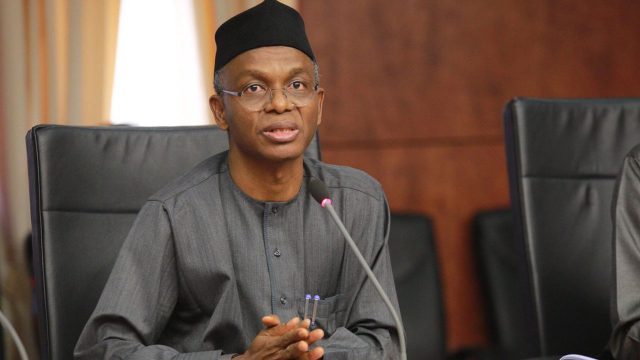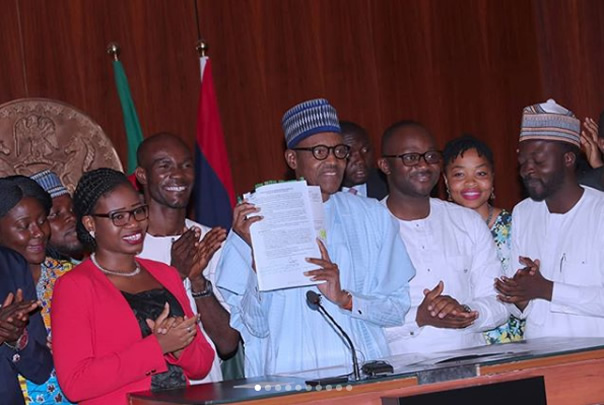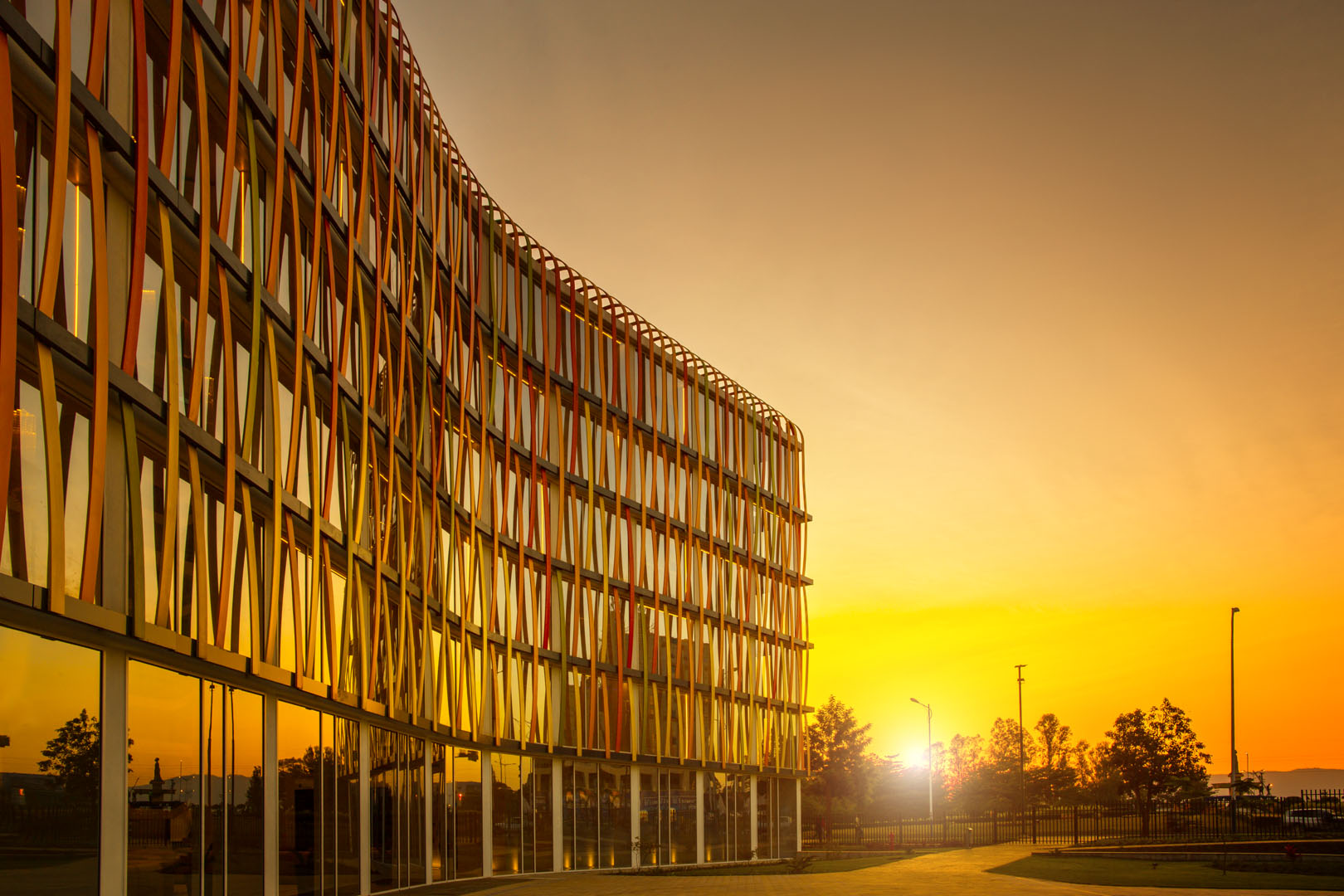BY MAHMUD MUSTAPHA
In the past few weeks, alarm bells have been ringing about the danger facing the Nigerian economy. These alarm bells cannot be said to be frivolous or borne out of partisan inclinations because they are coming from tested economists and those who know about how well-run economies look like.
The most recent is by the Emir of Kano, Lamido Sanusi Lamido, a renowned banker who rose to become Governor of the Central Bank of Nigeria. Speaking at a Workshop on National Treasury in Abuja, the traditional ruler and economist unequivocally said that the country was heading towards bankruptcy if the Buhari administration failed to stop fuel and electricity subsidy.
In the same vein, the respected _Invest Africa_ magazine has also drawn attention to Sanusi’s warning about Nigeria’s imminent bankruptcy, even when some people said he had denied the statement. Sanusi is not the type of man who denies statements credited to him. Even if he denied it, it should be noted that these concerns are no fluke as the high level of borrowing and debt servicing embarked upon by the Buhari administration should be a source of great worry about the future and health of the nations’ economy in any place where a genuine democracy
is in place. The fact that Buhari’s pseudo-democratic government has conquered other organs of government which should normally be independent as provided by the constitution, gives cause for deep concern.
Advertisement
The way things stand now in Nigeria, a silent fear has gripped majority of Nigerian intellectuals, technocrats and political leaders that they might come under the hidden monitoring camera of the regime if they dare say the truth about the Nigerian condition.
The economic condition of the majority of Nigerians is currently very bad. Statistics from reputable foreign economic monitoring bodies like the Austria-based World Poverty Clock has it that a whopping 93.8 million Nigerians, as at June 2019, suffer from extreme poverty and that about six Nigerians fall into damning poverty every six minutes. On its own part, the National Bureau of Statistics (NBS) puts the country’s unemployment rate at 23.1 per cent, under employment at 20.21 per cent and youth unemployment at 55.4 per cent.
The above indices show that many Nigerians notably the young and educated population is battling with poverty. It was not long that Nigeria became the laughing stock of the World when in 2018, the World Bank and other multilateral institutions declared the country as the World poverty capital thus sounding another alarm bell for Nigeria’s political leaders.
Advertisement
It should be stated that these poverty indices became prevalent under the administration of President Buhari who took more than six months to put a cabinet in place after he emerged victorious in the 2015 elections. President Buhari’s lack of foresight and passable knowledge of economic issues, in the view of many experts and observers was the main reason for the recession that hit Nigeria in 2016, the first time since independence that the nation’s economy would be in such a mess.
Granted that the excesses of the Goodluck Jonathan administration contributed to the economic difficulties the country faced after Buhari took over in 2015, the poor policy choices and outright lack of choice under Buhari’s watch, made economic recession and creeping poverty inevitable.
It was in this condition of recession hangover, continuing corruption in the government and the continuing burden of fuel subsidy that the 2019 polls came. Faced with enormous hardship under Buhari, the majority of the Nigerian people reasoned that voting out the lackluster administration of President Buhari was the way to put a stop to the
relentless march of poverty and social dislocation in the country.
The APC and Buhari claimed victory in that election against the postulation of many analysts before the polls. The management of the Independent National Electoral Commission (INEC) whose uncertain and indecisive public posture on issues arising from the collation of results at the Presidential Election Tribunal also sided with Buhari and
his party’s’ claim. However the INEC’s shifty position on the Server issue has convinced many Nigerians that much still needs to be straightened out about the conduct of that election and the declaration of a winner. The final report of European Union election monitors on the conduct and outcome and the nationwide violence that attended the
election proper, points to the fact that the opposition Peoples Democratic Party (PDP), and its presidential candidate, Atiku Abubakar have a strong and genuine case before the Judiciary. It is the view of many Nigerians that Atiku Abubakar, who promised to make Nigeria work again by providing millions of jobs and providing an enabling
environment for entrepreneurship to blossom won the 2019 polls and that the judiciary has a duty to tell the world so!
Advertisement
The issue is that having used widespread violence and the coercive instruments of the state to hijack the 2019 election outcome, it is now a task for the nation’s judiciary, to show that it is modern, fearless and independent to reverse the outcome of that election. The judiciary owes this duty to Nigerians not only for the sake of restoring the hope of Nigerians in democracy but rescuing the nation’s economy from the hands of a man who clearly does not know how a modern economy should be run.
The poor economic history of Nigeria under Buhari’s watch, characterized by growing poverty of the population, is the result of poor leadership. President Buhari clearly lacks the knowledge, temperament and leadership to guide a team that can make an economy flourish and the people enjoy a good life.
It was for this reason that when Buhari told Nigerians at the 2019 Democracy Day celebrations that his All Progressives Party (APC) administration can raise 100 million Nigerians from poverty in a period of ten years, those who have observed him since 2015, labelled the statement as hollow. Most Nigerians hold the view that the Buhari persona, his leadership style and his pervasive nepotism and policy of exclusion, means that the president and his party, the APC can only descend people into poverty, not to lift them.
Among the reasons why the growing poverty in Nigeria persists, and might continue despite Buhari’s good intentions are first, the poor and indecisive leadership of Buhari. Second, is the nationwide security problem, violence and killings which has dislocated many Nigerians. Third, is the problem which herdsmen pose to the farming population in the country that has uprooted millions of farmers from their farmlands mostly in the Northern part of the country. Food shortages are more than likely all through Buhari’s four year tenure till 2023, if the judiciary does not rescue the nation from his vice grip by declaring the rightful winner of the 2019 elections. President Buhari has shown that
he lacks the will to deal with the problem of insecurity, more so when his military commanders blame everyone except themselves for the security problems in the country including Boko Haram insurgency in the North east region of the country. The insecurity issue has emerged as a disincentive to domestic and foreign investment. Four, the country’s huge population is another factor. With a population today, at 200 million and projected to rise to 400 million around 2050, the nation will be in a messy situation if it does not solve its leadership, social, infrastructural, educational and health delivery problems which are becoming critical by the day. President Buhari is not the type of
man to put in place and implement a credible and effective population policy to help ensure that the country can manage its population.
Advertisement
Part of the solution to the poverty problem is the practice of true federalism under which the Federal Government, the States and local government will be responsible partners with each level of government working hard to eradicate poverty among the people under its care. Unfortunately, President Buhari does not believe in true Federalism compared to the opposition candidate in the 2019 polls, Atiku Abubakar who is a disciple of Federalism and who has taken pains to lay out the ways and means of its implementation to free the creative and productive energies of the constituent parts of the country.
Finally, Nigeria according to commentators and agencies who are conversant with the Nigerian economy, is in dire straits. The onus is on all Nigerians with the influence to right the wrongs to ensure that the nation is placed in credible hands.
Advertisement
Mustapha, a public affairs analyst, sent this piece from Bauchi
Advertisement
Views expressed by contributors are strictly personal and not of TheCable.
Add a comment
